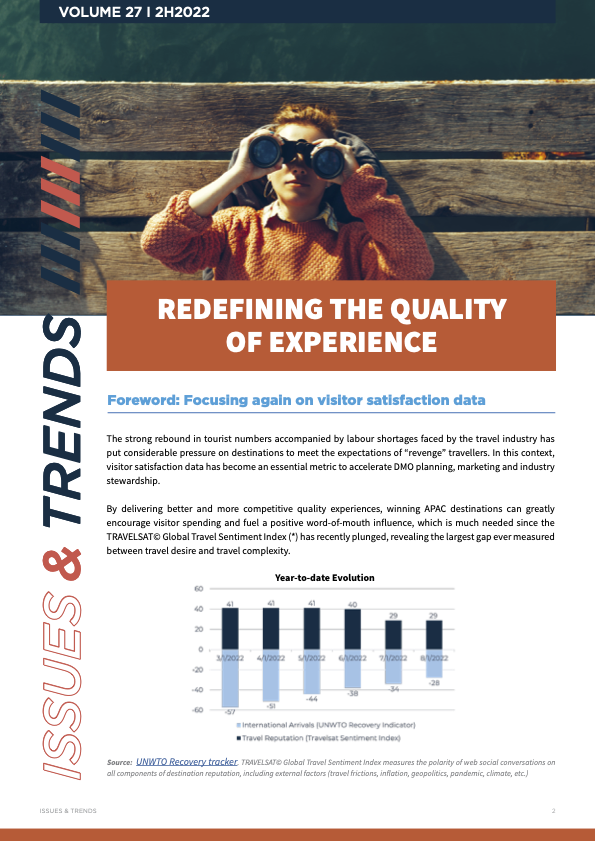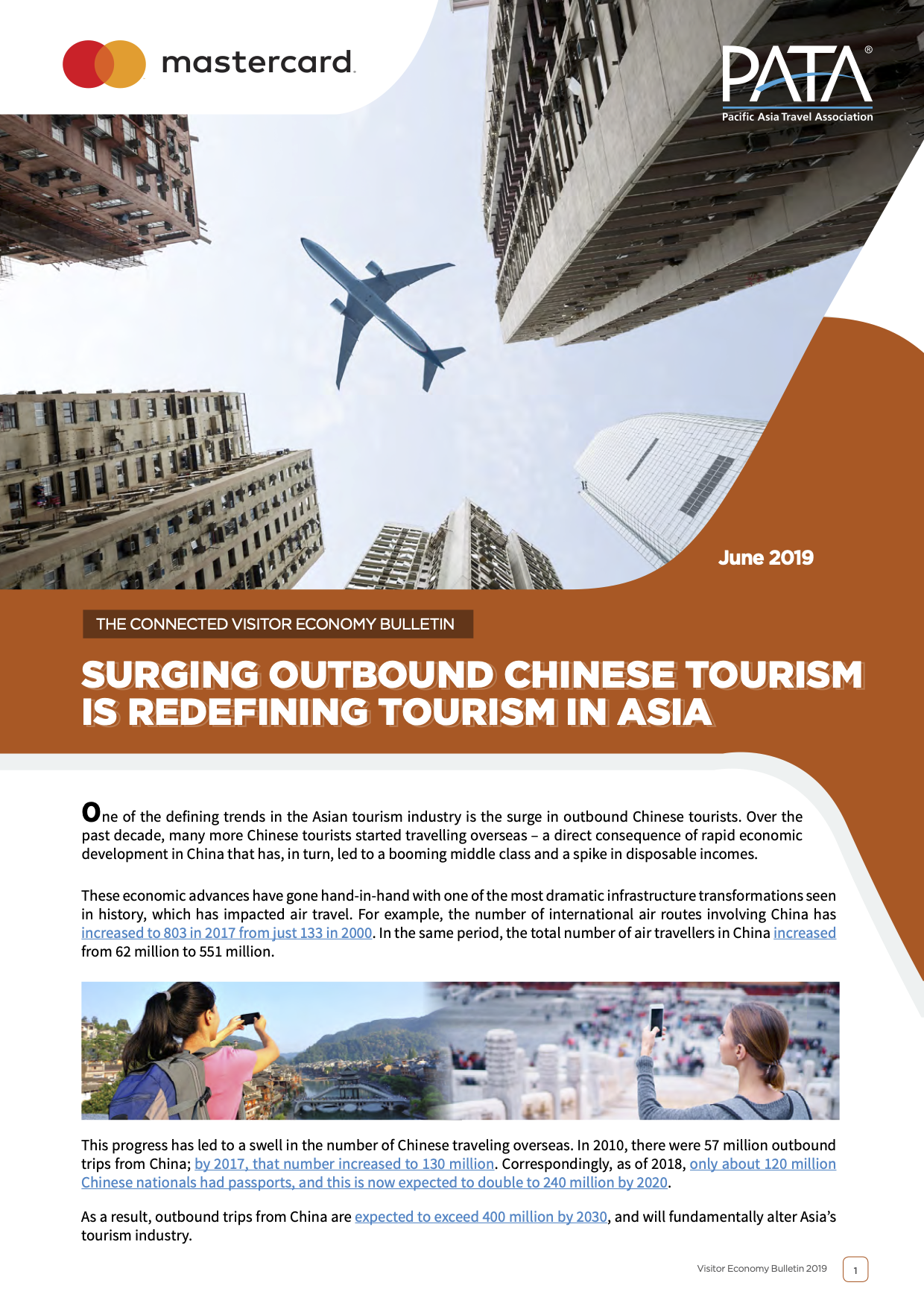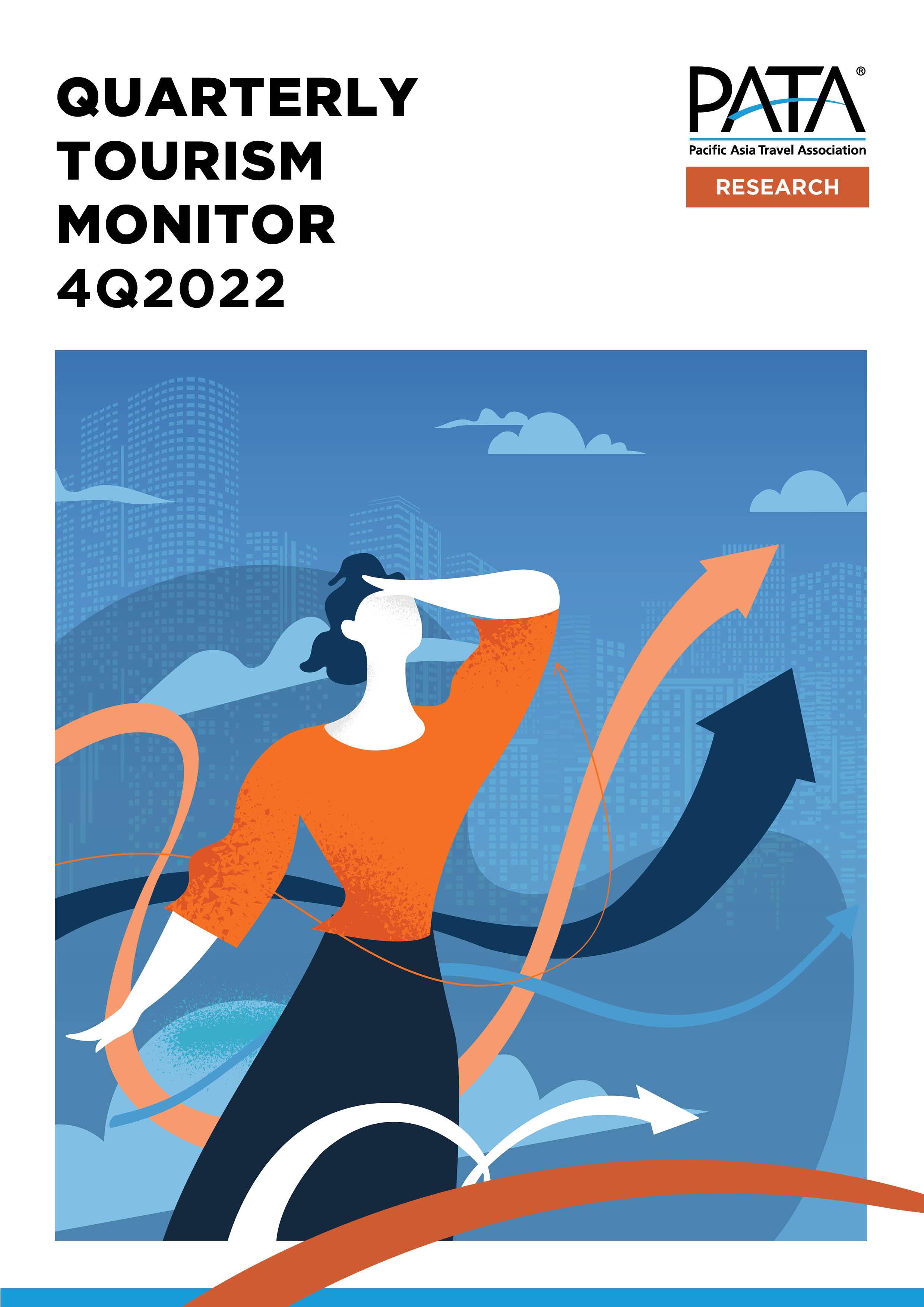Overview
This report aims to advance the discussion on issues relating to human rights and Indigenous tourism:
To support and maintain Indigenous cultural integrity.
To ensure equitable benefits are achieved from tourism for Indigenous peoples.
To enhance the richness and vitality of tourist experiences for all involved.
The primary aim of the research project Indigenous Tourism & Human Rights is to support the increased engagement of the Pacific Asia Travel Association (PATA) in the prevention of Indigenous rights infractions and violations through tourism development and in the promotion of Indigenous peoples’ tourism that is respectful of their traditional and human rights while supporting sustainable development. The research builds upon the positive contribution of PATA to these issues with the formation of the Larrakia Agreement at the first Pacific Asia Indigenous Tourism Conference held in Darwin in March 2012. The outcome, we anticipate, will be a more enlightened approach to tourism development that strengthens indigenous cultures, while at the same time contributing to community and economic growth. This however is only achievable when the rights of Indigenous people are recognized, respected, and maintained.









































